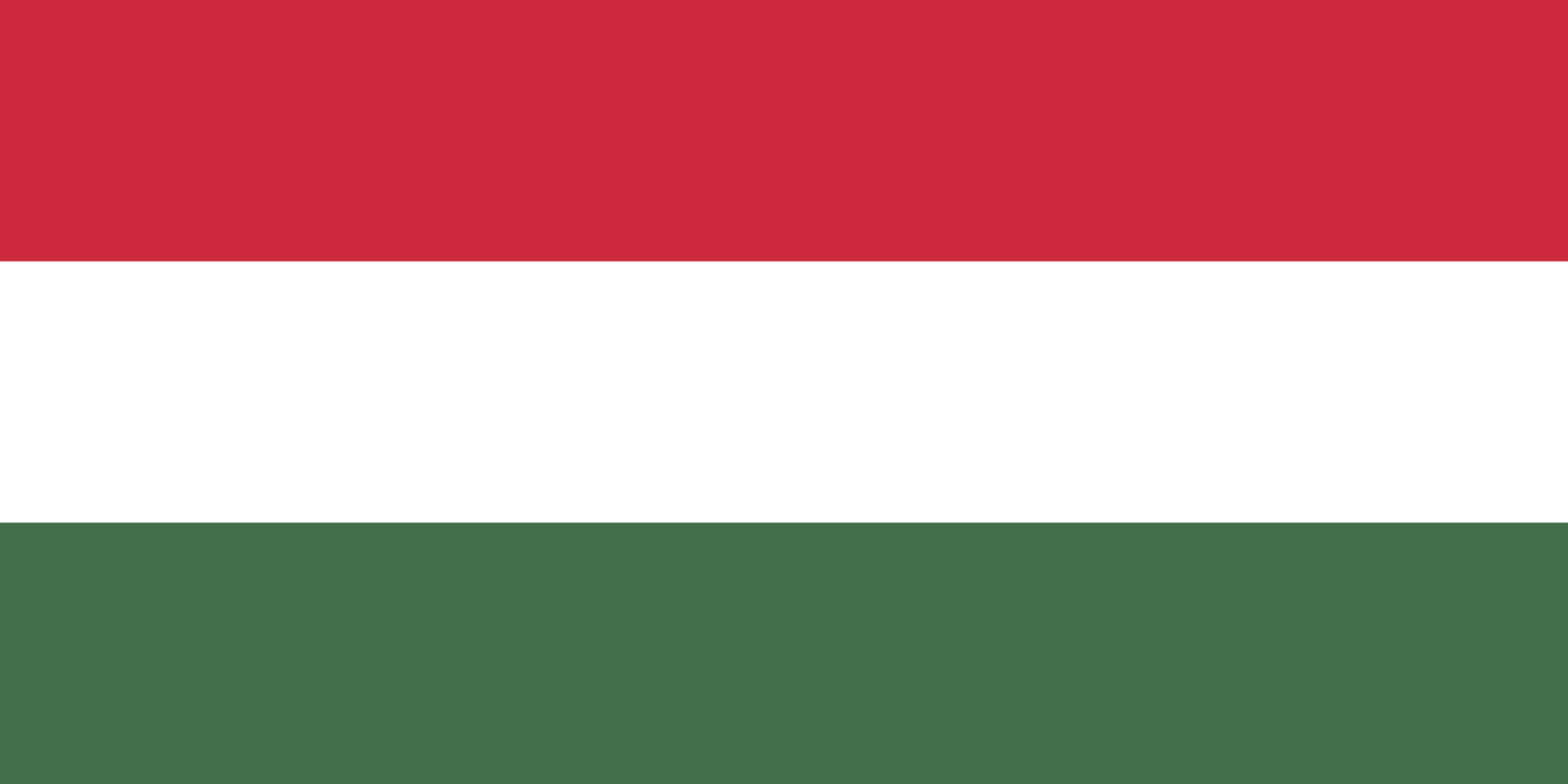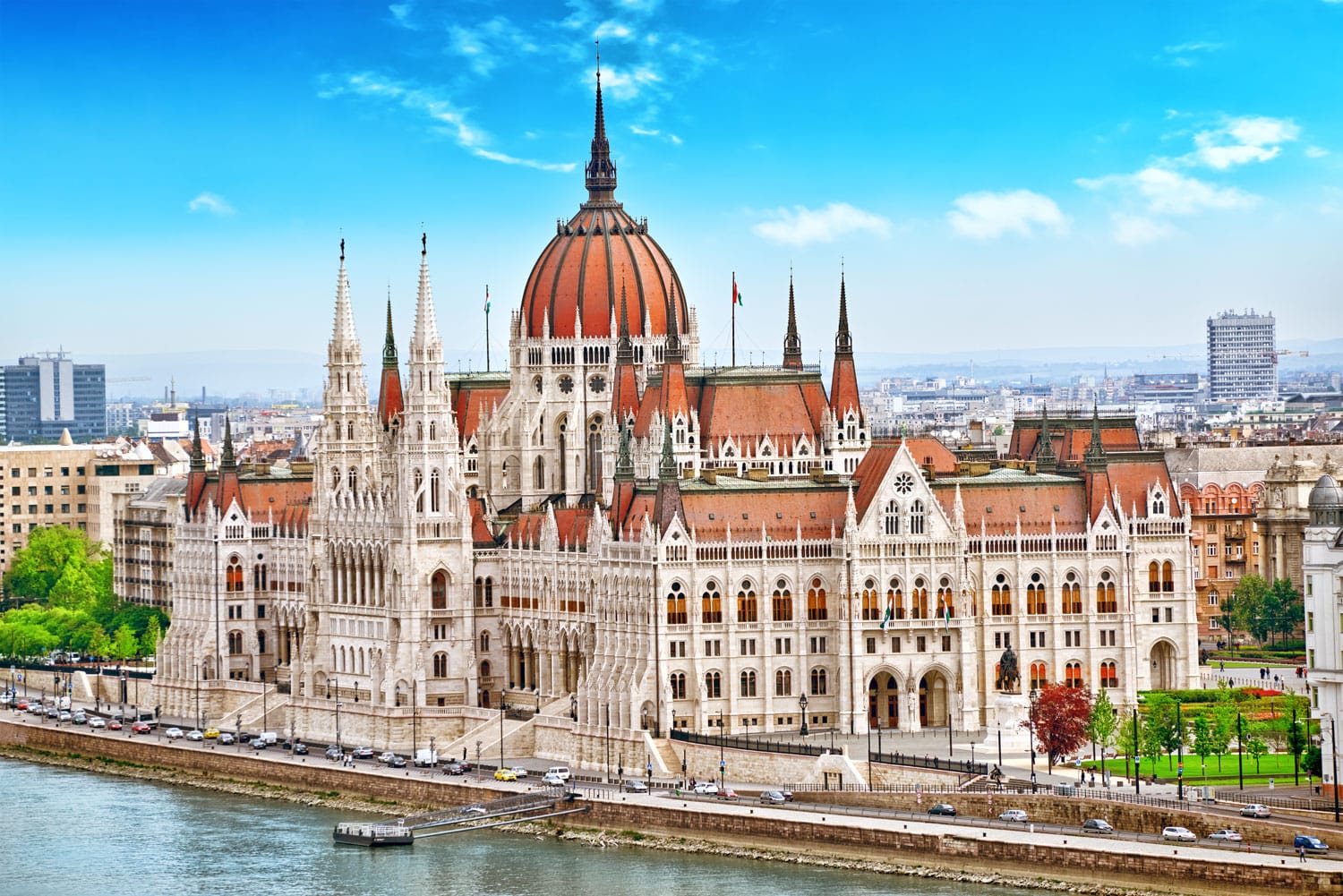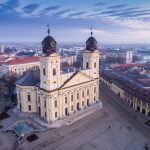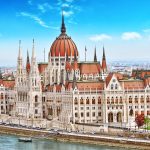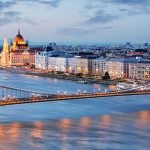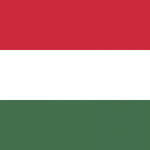Hungary (Magyarország) is a country in Central Europe bordering Slovakia to the north, Austria to the west, Slovenia and Croatia to the south west, Serbia to the south, Romania to the east and Ukraine to the north east. Member of the European Union and the Schengen Border-less Europe Agreement. The country offers many diverse destinations: relatively low mountains in the north-west, the Great Plain in the east, lakes and rivers of all sorts (including Balaton – the largest lake in Central Europe), and many beautiful small villages and hidden gems of cities. Top this off with Hungary’s great accessibility in the middle of Europe, a vivid culture and economy, and you get a destination absolutely not worth missing if you’re in the region.
Hungary is one of the 15 most popular tourist destinations in the world, with a capital regarded as one of the most beautiful in the world. Despite its relatively small size, Hungary has numerous World Heritage Sites, UNESCO Biosphere reserves, the second largest thermal lake in the world (Lake Hévíz), the largest lake in Central Europe (Lake Balaton), and the largest natural grassland in Europe (Hortobágy). In terms of buildings, Hungary has the largest synagogue in Europe (Great Synagogue), the largest medicinal bath in Europe (Széchenyi Medicinal Bath), the third largest church in Europe (Esztergom Basilica), the second largest territorial abbey in the world (Pannonhalma Archabbey), the second largest Baroque castle in the world (Gödöllő), and the largest Early Christian Necropolis outside Italy (Pécs), the second underground in Europe and the third all over the world after New York and London (Millennium Underground).
You can expect to find safe food and water, good safety and a generally stable political climate.
Hungary doesn’t attract terrorists and keeps drug and crime levels moderate.

